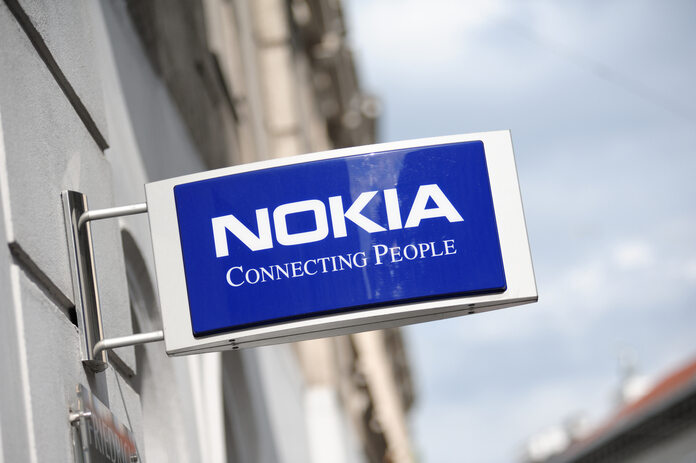Nokia Corporation (NYSE:NOK) has announced the deployment of its Optical LAN solution in 100 schools across South Korea’s Gyeonggi-do region, aimed at upgrading network infrastructure and improving the digital learning experience. This upgrade enables educational institutions to conduct classes using augmented reality and virtual reality, offering students an immersive and engaging learning environment. Notably, the network enhancements achieve an impressive 10G capability without the need for additional cable installations, offering scalability and cost-efficiency.
Nokia collaborated with its distribution partners, Dongkuk Systems and Erum I&C, to successfully execute this project. Dongkuk ensured a stable supply chain for efficient project implementation, while Erum I&C specializes in school networks, ensuring smooth product delivery, network design, deployment, and system maintenance.
This initiative is part of the Korea Ministry of Education’s Green Smart School program, which aims to create smart learning environments, and plans to expand this initiative nationwide following its successful implementation in Gyeonggi-do.
Efficient digital learning infrastructure has become increasingly crucial in the education sector, providing greater accessibility, flexibility, and personalization. It supports diverse learning needs and facilitates remote collaboration between teachers and students, even during crises like pandemics.
Institutions seek solutions that offer large-capacity transmission and seamless cooperation among various teams for efficient research and daily learning activities. Nokia’s Optical LAN solution is well-suited for these requirements due to its ease of operation.
Nokia is providing a comprehensive technology suite, including Passive Optical LAN, Optical Line Terminal, and Optical Network Terminal, to significantly enhance network performance. This enables multimedia classes with high capacity demands while minimizing equipment and cabling-related expenses, optimizing power consumption, and allowing customization to meet each school’s specific networking needs.
Nokia has faced soft demand trends in the Asia Pacific region in recent quarters. The successful completion of this project could strengthen its presence and expand its business in the region, potentially boosting its revenues.
Nokia is at the forefront of transforming global enterprises into smart virtual networks, creating a unified network for all services by converging mobile and fixed broadband, IP routing, and optical networks with the necessary software and services for management. Leveraging advanced technology, Nokia is revolutionizing communication and connectivity between people and devices, including a seamless transition to 5G technology, ultra-broadband access, IP and software-defined networking, cloud applications, and the Internet of Things.
With its end-to-end portfolio and a strong deal win rate, Nokia is well-positioned for the ongoing technology cycle. The company has achieved notable successes in key 5G markets and is rapidly expanding its installed base of high-capacity AirScale products, enabling quick upgrades to 5G.
Nokia’s stock has experienced a decline of 17.5% in the past year, compared to the industry’s fall of 10.6%.
Featured Image:









